Five distinguished scholars visiting St Andrews to use Special Collections in Summer 2015
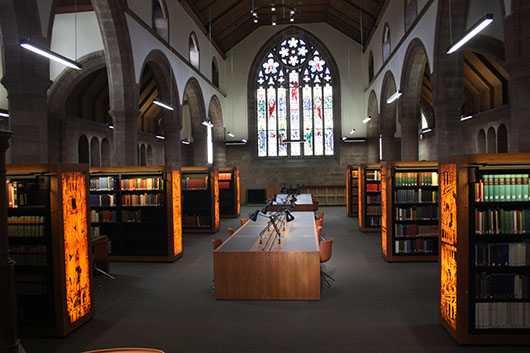
To celebrate the opening of our new Research Library in 2014, the University of St Andrews instituted a new scheme of visiting scholarships. These scholarships are intended to underwrite the costs of a period of work with our library’s Special Collections. The scholarships are open to all interested researchers, whether or not affiliated to a university. Six scholars were chosen for summer residency in 2014 and we are delighted to announce that a further five will be joining us in St Andrews during the summer of 2015.
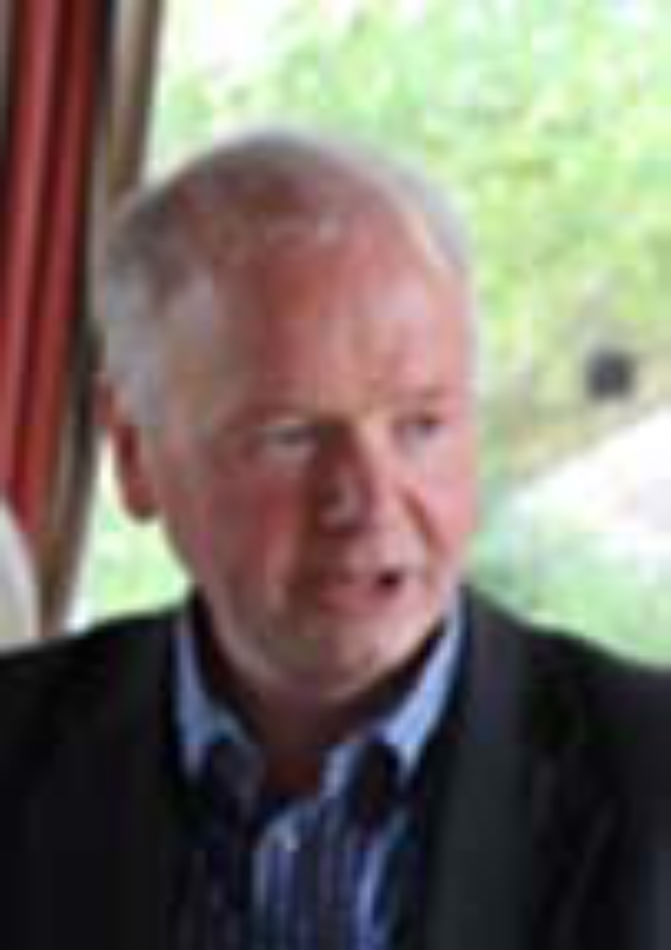 Dr Philip Beeley, Research Fellow in Early Modern Intellectual History at Oxford and current President of the British Society for the History of Mathematics, will be with us for the month of July, to look at manuscripts relating to the University of St Andrews’ first Regius Professor of Mathematics, James Gregory, appointed in 1668. This work is part of an AHRC project “Mathematical Culture in Restoration England” on which Dr Beeley has been working since January 2014. This project, he says, “seeks to illuminate the pivotal role played by the practical mathematician and intelligencer John Collins (1625-83) in the growth of mathematical knowledge in the second half of the seventeenth century. The two core objectives of the project are the production of an extended biographical essay on Collins and the first complete edition of his letters. One of Collins’s most important correspondents, both in terms of number of letters exchanged and significance of their contents, was James Gregory, professor of mathematics at the University of St Andrews. Of the surviving ninety letters between the two men, more than fifty are to be found in the manuscript collections of the University of St Andrews Library. Alongside Collins’s letters, there are also drafts or copies of some of Gregory’s letters to Collins. Furthermore, the St Andrews collection contains numerous letter enclosures such as draft solutions to mathematical or optical problems.”
Dr Philip Beeley, Research Fellow in Early Modern Intellectual History at Oxford and current President of the British Society for the History of Mathematics, will be with us for the month of July, to look at manuscripts relating to the University of St Andrews’ first Regius Professor of Mathematics, James Gregory, appointed in 1668. This work is part of an AHRC project “Mathematical Culture in Restoration England” on which Dr Beeley has been working since January 2014. This project, he says, “seeks to illuminate the pivotal role played by the practical mathematician and intelligencer John Collins (1625-83) in the growth of mathematical knowledge in the second half of the seventeenth century. The two core objectives of the project are the production of an extended biographical essay on Collins and the first complete edition of his letters. One of Collins’s most important correspondents, both in terms of number of letters exchanged and significance of their contents, was James Gregory, professor of mathematics at the University of St Andrews. Of the surviving ninety letters between the two men, more than fifty are to be found in the manuscript collections of the University of St Andrews Library. Alongside Collins’s letters, there are also drafts or copies of some of Gregory’s letters to Collins. Furthermore, the St Andrews collection contains numerous letter enclosures such as draft solutions to mathematical or optical problems.”
In addition, Dr Beeley will use his stay in St Andrews to begin work on creating a complete catalogue of the correspondence of James Gregory for the Early Modern Letters Online (EMLO) database (http://emlo.bodleian.ox.ac.uk/).
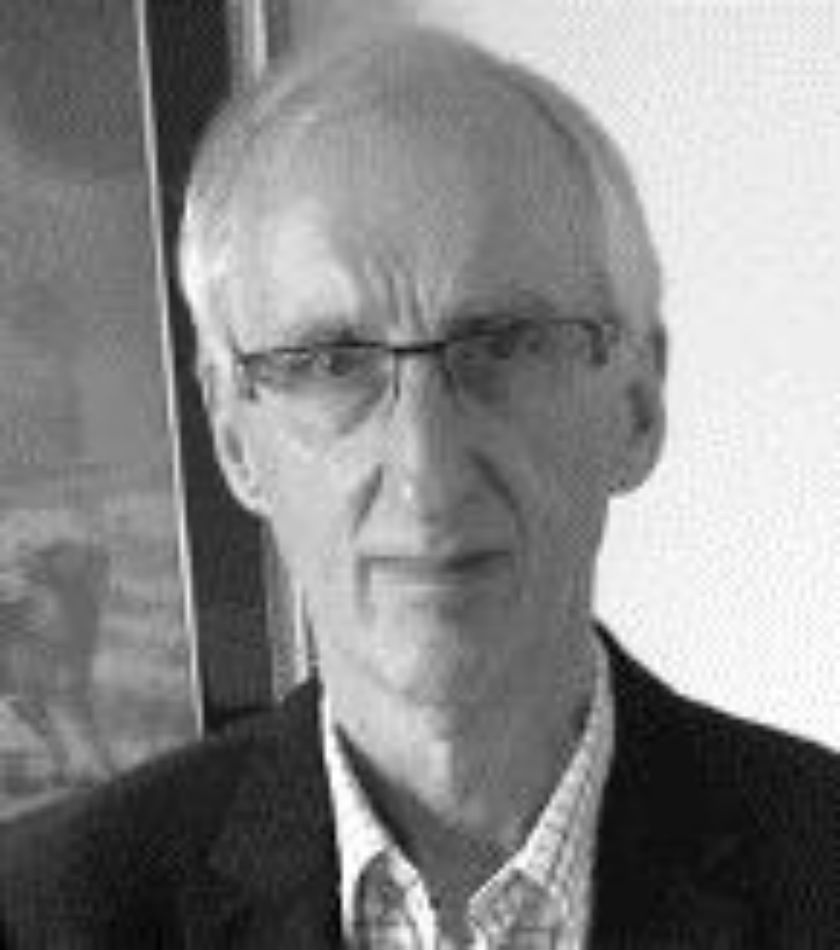 Professor James Carley’s plans for his two weeks in St Andrews are twofold. First he will examine rare books in our collections which have royal connections, especially those which may have been in the libraries of King Henry VIII, and which would have come to St Andrews as part of the Foundation Gift to the University around the time of the foundation of the Common Library at St Andrews in 1612 through the agency of the royal librarian Patrick Young. He will be on the look out for marginalia by Henry himself or his secretaries. Secondly, he will investigate books given to the University by Archbishop George Abbot (d. 1633), in connection with his work on the early history of Lambeth Palace Library. As a result of his research he plans to undertake an annotated edition of the eight titles under Young’s name in the Foundation list and the forty-one under Abbot’s name.
Professor James Carley’s plans for his two weeks in St Andrews are twofold. First he will examine rare books in our collections which have royal connections, especially those which may have been in the libraries of King Henry VIII, and which would have come to St Andrews as part of the Foundation Gift to the University around the time of the foundation of the Common Library at St Andrews in 1612 through the agency of the royal librarian Patrick Young. He will be on the look out for marginalia by Henry himself or his secretaries. Secondly, he will investigate books given to the University by Archbishop George Abbot (d. 1633), in connection with his work on the early history of Lambeth Palace Library. As a result of his research he plans to undertake an annotated edition of the eight titles under Young’s name in the Foundation list and the forty-one under Abbot’s name.
James Carley is Professor of the History of the Book, University of Kent; Associate Fellow of the Pontifical Institute of Mediaeval Studies, Toronto; Distinguished Research Professor Emeritus, York University, Ontario and holds an Honorary Research Fellowship at Lady Margaret Hall, Oxford.
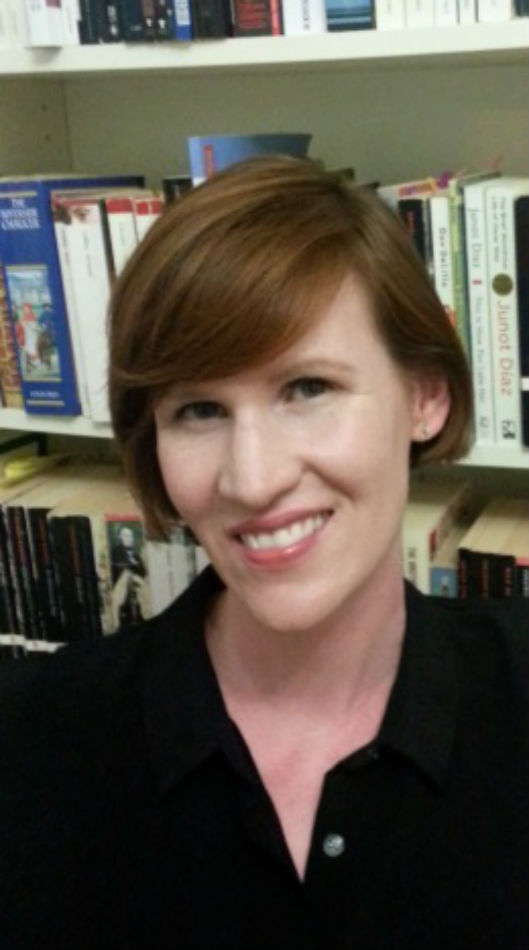 Dr Anna Clark is Assistant Professor of English at Iona College, New York. She will be using the Library’s holdings relating to Andrew Lang and other Scottish novelists to further her research into the stage adaptations of 19th century novels. The Andrew Lang Collections are the definitive accumulation of books and manuscripts relating to that poet, novelist, folklorist and literary critic who was a student at St Andrews in the 1860s. The collection has been gathered over many years and was supplemented by a bequest to the Library from Lang’s biographer Roger Lancelyn Green in 1987. Anna hopes: “to incorporate peerless examples of rare source material into my scholarship, adding greatly to my extant research and enriching my understanding of the Victorian novel’s theatrical history.”
Dr Anna Clark is Assistant Professor of English at Iona College, New York. She will be using the Library’s holdings relating to Andrew Lang and other Scottish novelists to further her research into the stage adaptations of 19th century novels. The Andrew Lang Collections are the definitive accumulation of books and manuscripts relating to that poet, novelist, folklorist and literary critic who was a student at St Andrews in the 1860s. The collection has been gathered over many years and was supplemented by a bequest to the Library from Lang’s biographer Roger Lancelyn Green in 1987. Anna hopes: “to incorporate peerless examples of rare source material into my scholarship, adding greatly to my extant research and enriching my understanding of the Victorian novel’s theatrical history.”
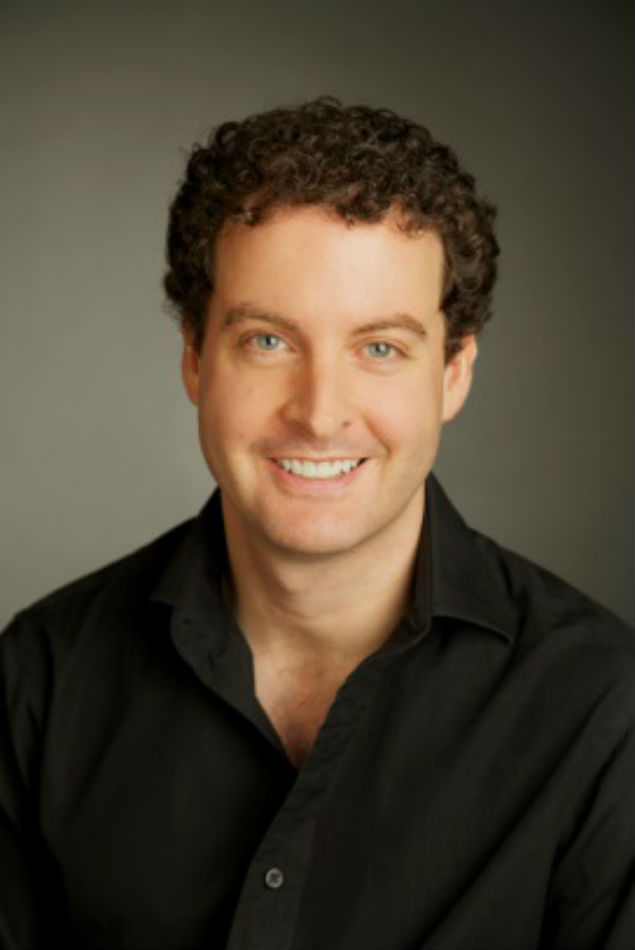 Kevin James, Associate Professor of History at the Centre of Scottish Studies in the University of Guelph, Ontario, continues a close association between our two institutions and visits St Andrews in early June. His project “explores the generic origins of the nineteenth-century manuscript album, using Scotland as a case study. It traces its textual genealogy, positions the scrapbook and the commonplace book within it, and tests claims about the decline and divergence of album types.” He will work on a large variety of commonplace books, scrapbooks and albums within our manuscript collections to provide a case study testing various hypotheses about the evolution and use of scrapbooks during the 19th century.
Kevin James, Associate Professor of History at the Centre of Scottish Studies in the University of Guelph, Ontario, continues a close association between our two institutions and visits St Andrews in early June. His project “explores the generic origins of the nineteenth-century manuscript album, using Scotland as a case study. It traces its textual genealogy, positions the scrapbook and the commonplace book within it, and tests claims about the decline and divergence of album types.” He will work on a large variety of commonplace books, scrapbooks and albums within our manuscript collections to provide a case study testing various hypotheses about the evolution and use of scrapbooks during the 19th century.
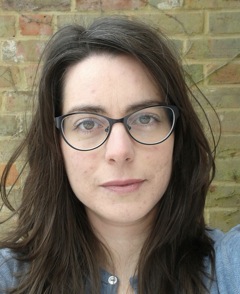 Dr Allison Ksiazkiewicz, Affiliated Scholar at the Department of History and Philosophy of Science in the University of Cambridge, will be working on the collections of a former Principal of the United College during July. She says: “my research project will examine the role of colour in the meteorological research of James David Forbes (1806–1868), a natural philosopher whose studies of the vaporous, liquid and solid states of water remained a reoccurring theme in his scientific pursuits. Forbes explicitly linked colour, light and meteorology in his research on steam and clouds, employed colour as an identifying characteristic for the study of glacial formations and produced a system of classifying colours for scientific and artistic purposes.
Dr Allison Ksiazkiewicz, Affiliated Scholar at the Department of History and Philosophy of Science in the University of Cambridge, will be working on the collections of a former Principal of the United College during July. She says: “my research project will examine the role of colour in the meteorological research of James David Forbes (1806–1868), a natural philosopher whose studies of the vaporous, liquid and solid states of water remained a reoccurring theme in his scientific pursuits. Forbes explicitly linked colour, light and meteorology in his research on steam and clouds, employed colour as an identifying characteristic for the study of glacial formations and produced a system of classifying colours for scientific and artistic purposes.
Using Forbes as a case study for thinking about connections between science and art, I will argue that aesthetic sensibility shaped the way that natural philosophers envisioned the world and affected the types of questions they asked at a fundamental level.”
We are delighted to be planning for the arrival of our visiting scholars for 2015 and are organising a series of events to allow them to share their ongoing research whilst they are with us. More details of that programme will be made available on the Special Collections website in due course.
St Andrews University has an outstanding collection of books, archives and photography, accumulated throughout the six hundred years since the University’s foundation. The collection is especially rich in the History of Science, Theology and Church History, Literary Studies and Photography. In addition to a substantial collection of incunabula and early printed books, the library has a significant eighteenth-century collection dating from its period as a Copyright Library (1710-1836). The archives also include an exceptional collection of 15th -16th century materials relating to Fife and to the University and city of St Andrews. Here is a Description of Highlights (Word, 21 KB) of Special Collections.
[…] 2015: https://standrewsrarebooks.wordpress.com/2015/04/29/five-distinguished-scholars-visiting-st-andrews-… […]